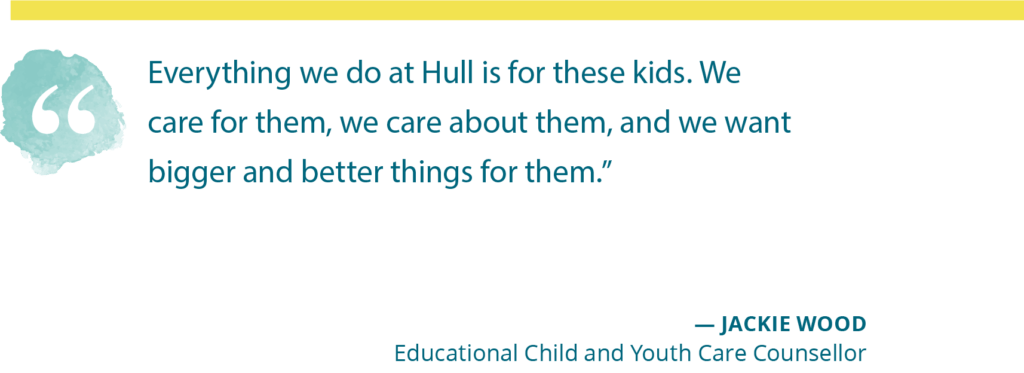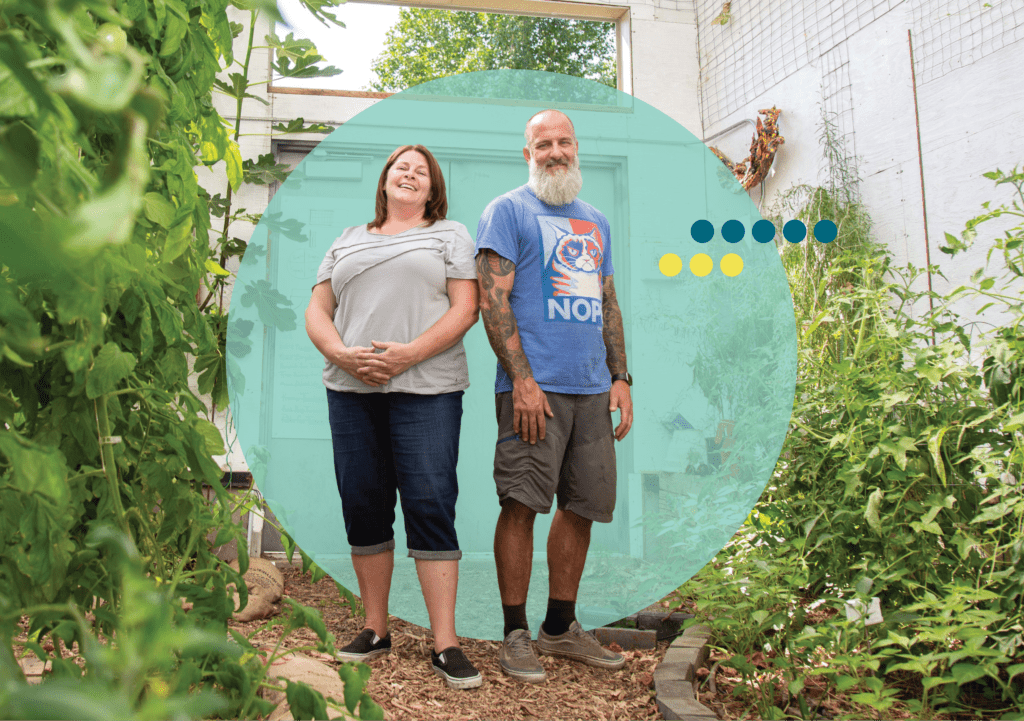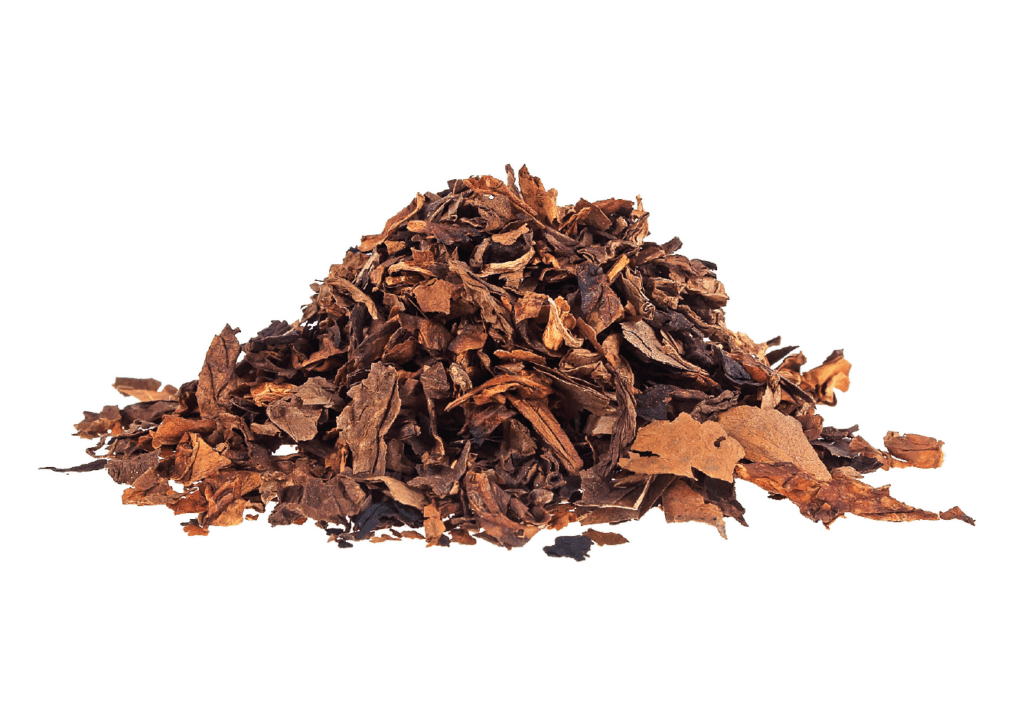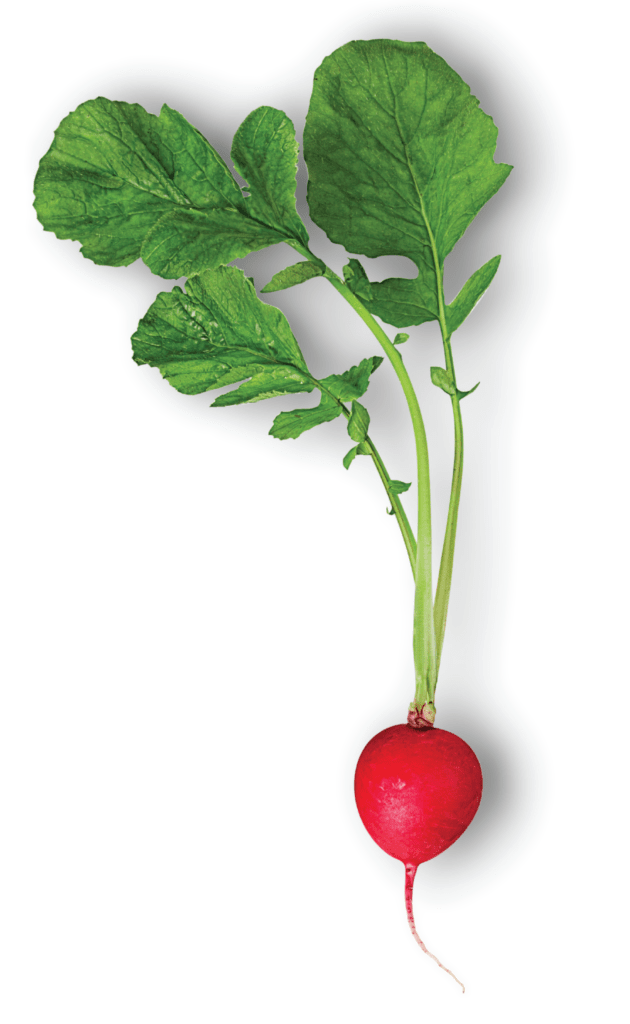Hull’s Greenhouse and Garden

![]()
There’s a little girl that sits in the dirt of the Hull Services garden, happily picking radishes to her heart’s content. They were planted just for her because gardening is more than a favorite hobby, it’s a form of therapy. She loves to pick, and the repetitive process calms and regulates her. She is usually connected with a caregiver to keep her safe from running into danger, but in the garden she is free.
A language barrier sometimes means a cauliflower is enthusiastically pulled and hoisted above her head, with a triumphant shout of “radish” but that’s ok. This isn’t just a place to nurture plants — it’s really about nurturing kids.
Internationally recognized for our work in leading-edge trauma-informed care, Hull uses brain science to help children and youth suffering the devastating impacts of developmental trauma. Gardening is a highly-regulating, sensory-rich and therapeutic activity that ties into the neuroscience that guides us.
The sounds of birds overhead and the buzz of the bees busy pollinating, the vibrant colors of the plants, the smell of the flowers, the taste of fresh mint or grapes straight off the vines, and the feel of the soil, all create a soothing sensory symphony. Add to that the regulating activities of quiet work and repetitive motion such as picking or digging, and you have a very powerful therapeutic tool.
In addition, the garden teaches a host of lessons to our students aged 6 – 18 years old and provides opportunity for high school credits and employability training.
“So many life skills can be learned through gardening,” says Jackie Wood, Educational Child and Youth Care Counsellor at William Roper Hull School. “Collaboration, problem solving, cognitive flexibility … we look at it with the framework of what will this teach and how will it help our kids. They become regulated, they learn skills, and they feel a sense of pride, accomplishment, responsibility and generosity. It’s all encompassing and so impactful to see.”

It is also a prime spot for social development and relationship building — something the children and youth we support often struggle with. Lots of conversations take place while working side-by-side in the garden. One boy that is selectively mute talks while there. Others who haven’t always gotten along, learn to work together. A mama deer brought her baby to our garden and hid him in the rhubarb bush this spring. The kids learned very quickly if they could sit and be quiet, they could watch the animals without scaring them away.
The half-acre garden, including the greenhouse on it, also offers up science-based learning and introduces career options such as horticulture, agriculture and culinary arts (tomatoes, garlic and onions were harvested and turned into salsa as a fundraiser with the support of Fluor). One youth who struggles with anger has shown a real knack for gardening. He harvested seeds from pine cones and is growing his own spruce trees. We will work with him to further develop that interest and talent.
“Everything we do at Hull is for these kids. We care for them, we care about them, and we want bigger and better things for them,” adds Wood.
It’s no accident a thyme plant with pretty purple flowers was planted under the classroom window that the little girl sits by every day. She loves purple, she loves flowers and, like the radishes, it was intentionally planted just for her. It’s incredible to watch how something can flourish when it’s nurtured and loved.
![]()
![]()
Dr. Bruce Perry, who developed the Neurosequential Model (NM), has said that the majority of therapeutic experiences are provided outside of the context of conventional therapy.
When Hull moved to the NM therapeutic approach 10 years ago, Vaden Somers, Educational Child and Youth Care Counsellor at William Roper Hull School, could clearly see the benefit of children regulating through alternative forms of experience. He was seeing it happen firsthand through the kids he was teaching in industrial arts and outdoor education classes. Coincidentally, he also had a personal interest in permaculture garden design and had been working with a colleague on a garden design plan for the school.
Somers brought that plan to Fluor, long-time supporters of Hull Services, and they generously offered financial and employee volunteer support. Thanks to them, our garden and greenhouse project took root. That support continues to grow through additional resources and opportunities being provided, with Fluor investing over $65,000 in our garden to date, with more plans in the works. In fact, they are so vested in this project, Mark Brown, VP & General Manager of Fluor Canada, often pops by for a coffee and chat in the greenhouse with Somers.
 “It has been inspiring to witness first-hand the support that Hull Services provides for our community, and we are honoured to be a part of impactful projects like the greenhouse and garden,” says Brown. “Hull is a longstanding community partner of ours and I cannot put enough emphasis on the importance of this organization’s work to help and support youth and families in our city. Hull’s enduring approach to the community is in perfect alignment with Fluor’s own ongoing commitments to the local area, and I look forward to the exciting and meaningful work we will partner on in the future. I want to also thank the volunteers who have given their time and talent to our projects with Hull to date – Fluor is proud to live and work in the communities where we do and we want to thank Hull for their partnership and dedication to helping build a better world.”
“It has been inspiring to witness first-hand the support that Hull Services provides for our community, and we are honoured to be a part of impactful projects like the greenhouse and garden,” says Brown. “Hull is a longstanding community partner of ours and I cannot put enough emphasis on the importance of this organization’s work to help and support youth and families in our city. Hull’s enduring approach to the community is in perfect alignment with Fluor’s own ongoing commitments to the local area, and I look forward to the exciting and meaningful work we will partner on in the future. I want to also thank the volunteers who have given their time and talent to our projects with Hull to date – Fluor is proud to live and work in the communities where we do and we want to thank Hull for their partnership and dedication to helping build a better world.”
And Hull is very thankful for Fluor’s dedication to supporting our work. “Fluor has been a tremendous partner to Hull,” explains Somers. “Without their continuing support, the important relational activities and therapeutic work that comes out of our garden simply would not be possible. Our kids have so much opportunity there they wouldn’t have access to otherwise.”
And those opportunities will continue to grow with plans for an outdoor classroom, a pond that will introduce a new ecosystem, and marketing and branding initiatives among other things.
Rob Avis at Verge Permaculture is also an avid Hull supporter. He designed our passive solar greenhouse (essential to the success of the project with our climate) and provides free permaculture training every year to Hull teachers interested in integrating it into their classwork and as therapeutic space. Hull is even starting to be noticed in the permaculture community, and we are working to create connections for related education or employment opportunities for our students as they graduate.
We are so grateful for these partners and are always looking for others to join in the work we are doing to support the young people and families we serve.
![]()
![]()
When Hull was gifted tobacco seeds for our garden, Casey Eagle Speaker, our Indigenous Resource Coordinator, gave a blessing for them and taught us how to dry the tobacco to be used for smudging and other activities. We also share the seeds from those plants with other schools and programs. A girl in one of our programs suggested we make offerings to the Creator to say thanks for the gift, so we asked her to make the offering and say a prayer over the Treaty 7 land Hull is on.


![]()
While many of the young people we support at Hull haven’t always been nurtured prior to coming to us, they are learning to nurture the plants in our garden and to care for others through sharing the bounty from it.
through sharing the bounty from it.
Participants in Patch, Hull’s community-based program offering people with low-income free supports and services, are invited to come and pick what they want from our garden with the help of the students at William Roper Hull School that grow it.
“It’s something to behold when you see a mom walking through the garden knowing she will have food to feed her family, and that her kids are so excited about fresh veggies. And our kids get to feel like the privileged ones that grow it and are offering it as a gift,” says Wood. “They take a vested interest when they can see that joy and what they are doing for these families in need. The feeling of helping others is so good for them. It brings true happiness.”
Somers adds, “Our youth understand that they are struggling and those struggles ultimately result in a cost to the community. The garden gives them the opportunity to be helpers and to make someone else feel better. When we talk about the fact they are doing something good for their community, you can see them light up from that.”
A Growing Garden
![]()
Watch our time-lapse video of our greenhouse garden blossom over summer!

